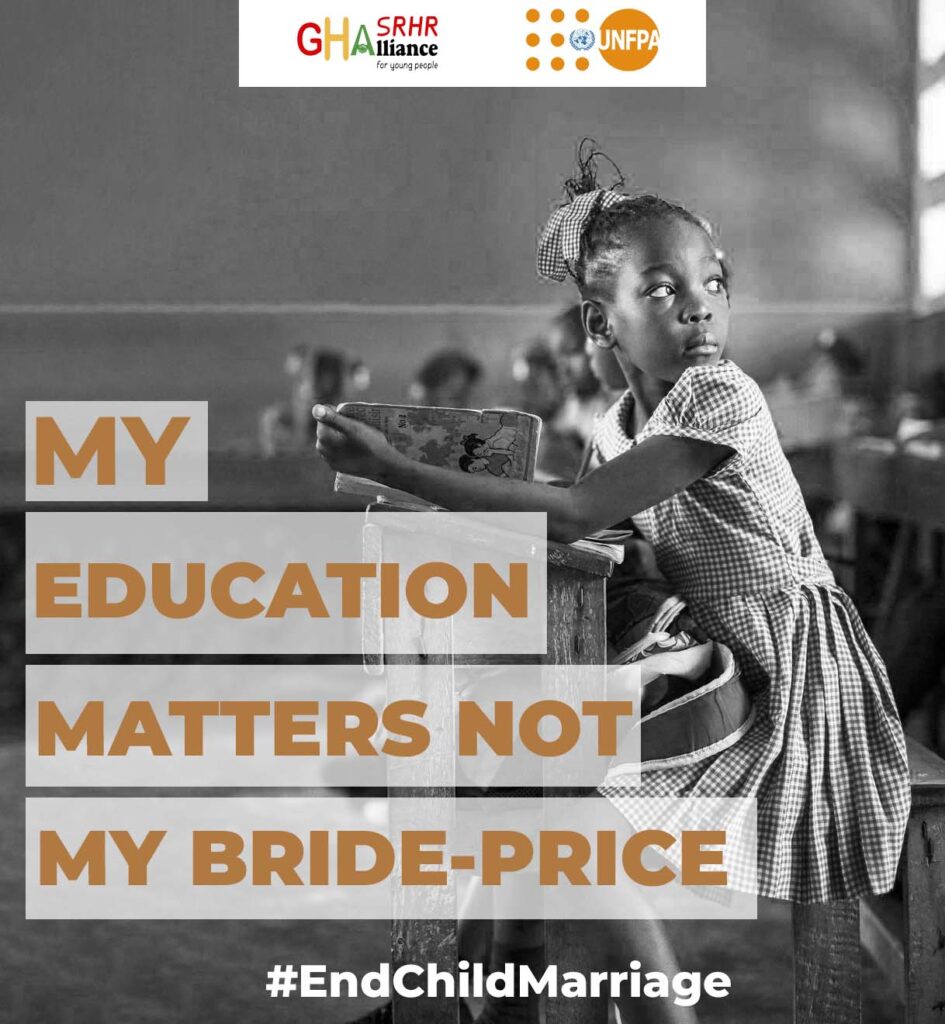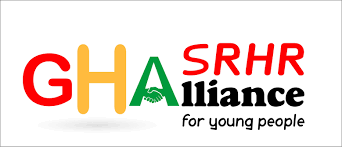
The Children's Act of Ghana, Act560 (1998), defines a child as "any person under the age of eighteen (18) years." When one or both of the people participating in a marriage are under the age of 18, it is referred to as child marriage. Child marriage is an expression of both violence against women and socioeconomic inequality. In Ghana, girls from rural areas are twice as likely as those from urban areas to marry as children. Similarly, females from lower-income families are four times more likely to marry than those from higher-income families. Furthermore, across Ghana, uneducated young women are twice as likely to have married in childhood compared to those who attended secondary school or higher. Child marriages do not just happen; they are influenced by a variety of variables such as poverty, custom and religion, adolescent pregnancy, a lack of legal awareness, lax enforcement of the law, and gender inequity.
Do you know? A child’s right to be free from marriage is enshrined in a variety of international and regional treaties, as well as Ghanaian legislation. These laws are based on the assumption that children and adolescents under the age of 18 lack the maturity and mental competence to make informed judgments about entering into a legally binding relationship such as marriage. Furthermore, these regulations reflect the concept, established in the Convention on the Rights of the Child, that the ‘best interests of the child’ should remain the ‘first priority’ in any action or decision involving children. As a result, considering the numerous physical, economic, and psychological implications of child marriage, the practice violates the ‘best interest’ premise.
Do watch this video to understand effect of Child Marriage
